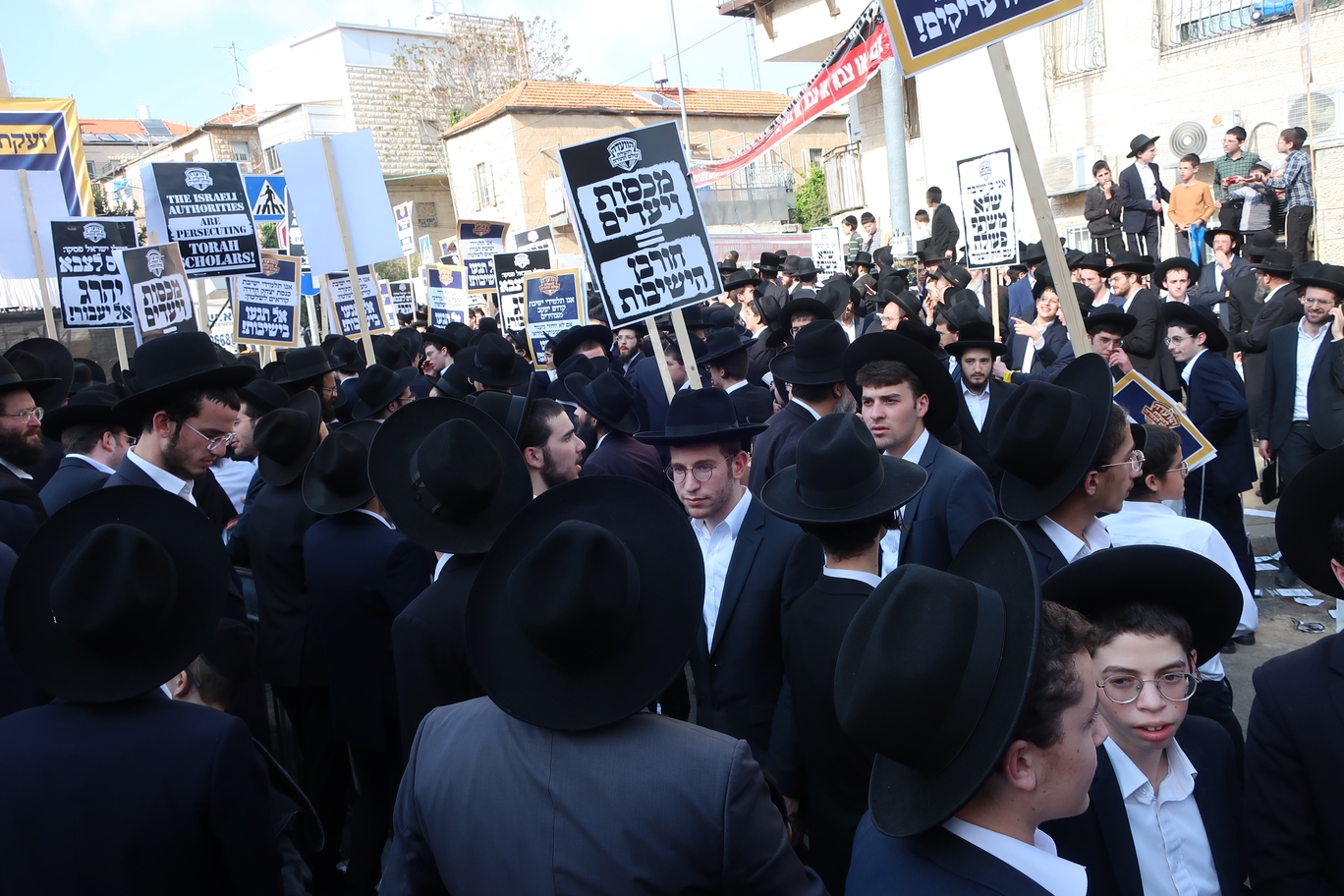In a landmark decision, Israel’s Supreme Court has ruled that ultra-Orthodox Jews must be drafted into the military, challenging a longstanding exemption and striking a significant blow to Prime Minister Benjamin Netanyahu’s government. This ruling could unravel Netanyahu’s fragile coalition, reliant on the support of ultra-Orthodox parties.
Supreme Court’s Historic Ruling
The Supreme Court’s decision marks a pivotal moment in Israel’s legal and social landscape. The court ordered the government to draft ultra-Orthodox Jews into the military and withdraw funding from yeshivas whose students fail to comply. “The government wanted to distinguish at the level of law enforcement between individuals based on their group affiliation,” the court stated, emphasizing the violation of the rule of law and equality principles.
Long-Standing Exemptions and Public Opinion
Ultra-Orthodox Jews have been exempt from national military service since Israel’s founding, dedicating their lives to religious study. However, most Israelis believe they should serve in the military. A February poll by the Israel Democracy Institute revealed that 64% of Israelis and 70% of Jewish Israelis think the Haredi exemption should be changed.
Netanyahu’s Coalition in Jeopardy
Netanyahu’s government depends heavily on Haredi parties like United Torah Judaism and Shas, which vehemently oppose rescinding the draft exemption. The Supreme Court’s decision comes at a crucial time for Netanyahu, whose government has been strained by internal divisions and the ongoing conflict in Gaza. Defense Minister Yoav Gallant and IDF Chief of Staff Herzi Halevi have publicly supported drafting Haredi men, adding to the internal pressure.
Reactions from Political and Religious Leaders
The ruling has elicited strong reactions from various quarters. Eliad Shraga, chair of the Movement for Quality Government in Israel, hailed the decision: “The Supreme Court ruling puts an end to 76 years of unlawful inequality and discrimination.” Conversely, Aryeh Deri, leader of the Shas party, condemned the ruling, emphasizing the importance of Torah study for Israel’s defense.
Practical Implications and Challenges
Despite the court’s ruling, significant practical challenges remain. Military leaders have expressed concerns about integrating large numbers of ultra-Orthodox men into the IDF, citing the need for special units to accommodate their religious requirements. “According to the calculations of the army, there were 1,800 that were conscripted last year,” noted Gilad Malach of the Israel Democracy Institute. “The army needs to do some change in order to conscript them.”
Future Legislative Efforts
Ultra-Orthodox leaders are expected to continue pushing for legislation that provides a legal exemption. Moshe Roth, a Knesset member from United Torah Judaism, remarked, “Nothing is going to change practically,” downplaying the immediate impact of the ruling. However, the decision is likely to intensify tensions within Netanyahu’s government and between political and military leaders.
Israel’s Supreme Court ruling on drafting ultra-Orthodox Jews marks a significant step toward equality in national service obligations. While the practical implementation faces numerous challenges, this decision sets a precedent that could reshape Israel’s socio-political landscape. The coming months will reveal how Netanyahu’s government navigates this complex issue amidst ongoing internal and external pressures.







